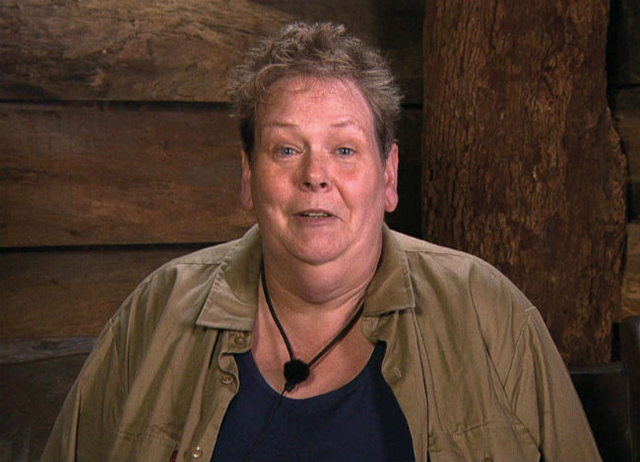
Asperger’s syndrome and autism has been in the headlines lately with The Chase’s Anne Hegerty, in the jungle for this year’s series of I’m A Celebrity Get Me Out of Here. Hegerty, known as the Governess on the TV quiz show, was diagnosed with Asperger’s syndrome in 2007.
Hegerty believes that her condition has furthered her tv career and quiz knowledge. She said: ‘When you’re on the autistic spectrum, one of the things you do, it’s what’s called perseverating… You get interested in something and you just get really interested, you just have to know everything about it. You go completely down the rabbit hole, you can’t think about anything else, you have to learn everything there is to know about this particular subject.”
This is a trait we see in the Netflix series Atypical. This heartfelt comedy follows Sam, a teenager on the autism spectrum, who has decided he is ready for romance. Sam’s ‘specialist topic’ is Antarctica and penguins. While considered by many to be one of the better attempts at portraying someone on the spectrum, the show is not perfect. It clearly wants to help the world understand what it’s like for those on the autistic spectrum, and to deliver that lesson with comedy and warmth. Deeply well-meant and probably illuminating for those who don’t know much about the condition, the show is unequivocally a good thing and it’s hard not to applaud both the intention and the effort.
A show that comes up time and time again in the discussion about autism on television is The Big Bang Theory, and whether or not Sheldon Cooper is autistic. Sheldon Cooper doesn’t have autism, or that’s what The Big Bang Theory writers have always claimed. Speaking on behalf of the show, Mayim Bialik (who plays Sheldon’s girlfriend Amy) told Neil deGrasse Tyson that the show’s writers refuse to pathologize their characters, because everyone should be loved and accepted without labels. Sheldon himself denies being autistic, stating “My mother had me tested.” And yet: Obsessive behaviors. Social dysfunction. Regressive tendencies. Inability to grasp subtext and sarcasm. Avoidance of physical contact. Anxiety. Scientific savantism.
Many viewers have decided that Sheldon is on the spectrum based on his many spectrum type behaviors, and of course they love him for it. Jim Parsons, who has won an Emmy and a Golden Globe for his portrayal of Sheldon, admitted that avoiding the label takes away a certain “social responsibility” to play the character true to that diagnosis. Without the label, the writers can have their autism jokes and avoid being accused of stereotyping. They can be on trend while skipping the “very special episode” a diagnosis might have necessitated.
But when it comes to autism, it is impossible to please everyone. There is a saying amongst some autism groups; “When you’ve met one person with autism, you’ve met one person with autism” There is such scope for differences between traits of autistic people, and subtle nuances in behaviour, that is almost impossible to give a 100% accurate portrayal of a person with autism, and still make an entertaining tv show.
Joseph O’Gorman
Image Credit: hellomagazine
